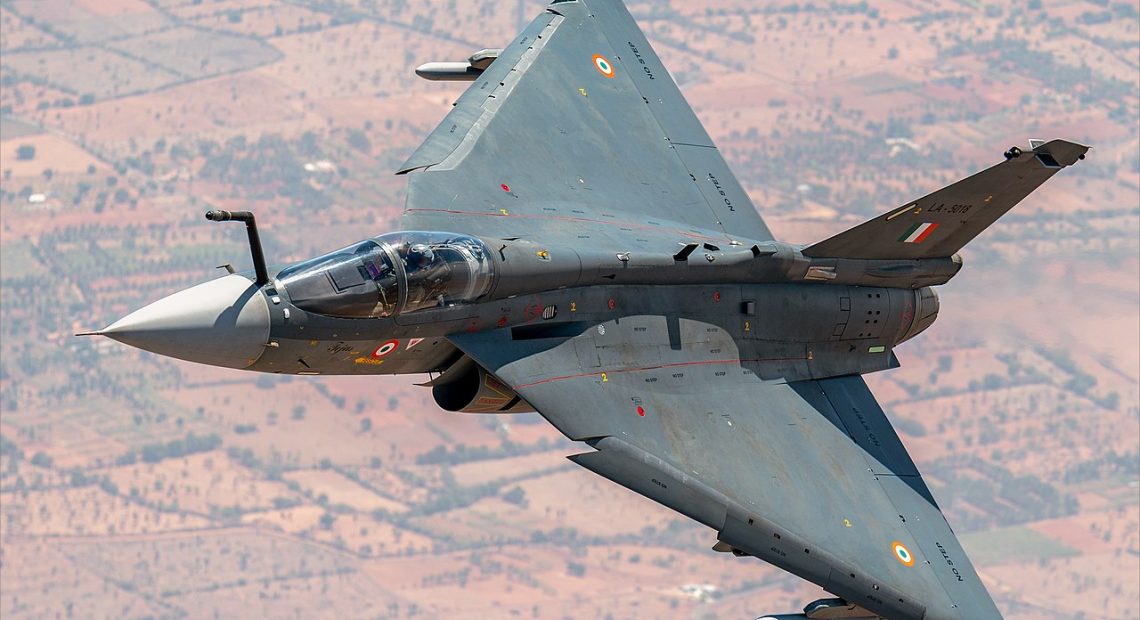


Larsen & Toubro (L&T) has put forward a proposal to develop a fully indigenous 110 kilonewton (kN) thrust jet engine intended for India’s upcoming fighter aircraft, including the Tejas Mk2 and the Advanced Medium Combat Aircraft (AMCA). The company expressed confidence in the domestic industry’s ability to take on the challenge, suggesting that a consortium of Indian private firms could work together to deliver the engine within a feasible timeframe.
Jayant Damodar Patil, who leads L&T’s aerospace and defense division, stressed that the success of such a critical program depends on breaking away from the conventional “L1 syndrome”—a procurement system that emphasizes selecting the lowest financial bidder. Instead, he advocated for a merit-based selection approach that prioritizes technological competence, innovation, and long-term capability-building.
Referring to India’s earlier experience with the Kaveri engine program, Patil acknowledged that while it did not achieve its primary objective, it significantly advanced India’s capabilities in core technologies such as metallurgy and compressor design. He emphasized that these learnings could now serve as a strong foundation for developing the new 110kN engine entirely within the country.
The proposed engine would cater to the performance needs of next-generation fighter jets like the Tejas Mk2 and the AMCA, which are expected to play pivotal roles in India’s future air combat strategy. A domestically developed engine would greatly reduce reliance on foreign suppliers, enhance national security, and align with the government’s Make in India initiative.
L&T envisions collaborating with major Indian defense and aerospace players such as Mahindra Aerospace, Tata Advanced Systems, and Godrej Aerospace. This consortium model is aimed at consolidating expertise, infrastructure, and investment across the private sector to tackle the technological complexities of building a modern high-thrust jet engine.
Patil also underscored the critical need for government backing—not just financially, but through policy reforms that encourage private participation and reward capability. He pointed out that advanced technologies such as single-crystal turbine blades and efficient afterburner systems will be essential to the program’s success, requiring both time and expertise.
If accepted and supported on a merit-driven basis, this indigenous engine initiative could be a transformative leap for India’s defense sector, marking a shift from dependency to self-reliance in critical aerospace propulsion technologies.
Bharat Pulse News is an independent news platform committed to bringing you the truth, unfiltered and unadulterated. In an era of sensationalism and clickbait, we strive to stand apart by providing factual, in-depth reporting that speaks directly to the issues that matter most to the people of India.

At Bharat Pulse News, our mission is to deliver clear, unbiased, and factual news to the people of India. We are committed to transparency, integrity, and reporting without sensationalism or bias. Our goal is to empower readers with reliable information, free from clickbait and propaganda, fostering informed decision-making and promoting a more honest media landscape.

